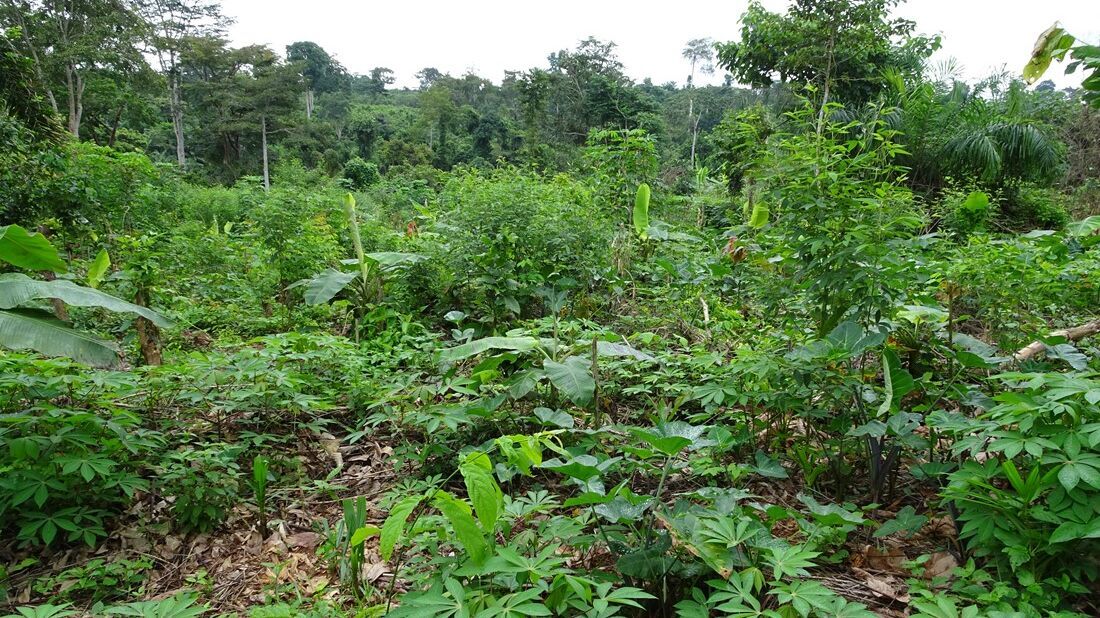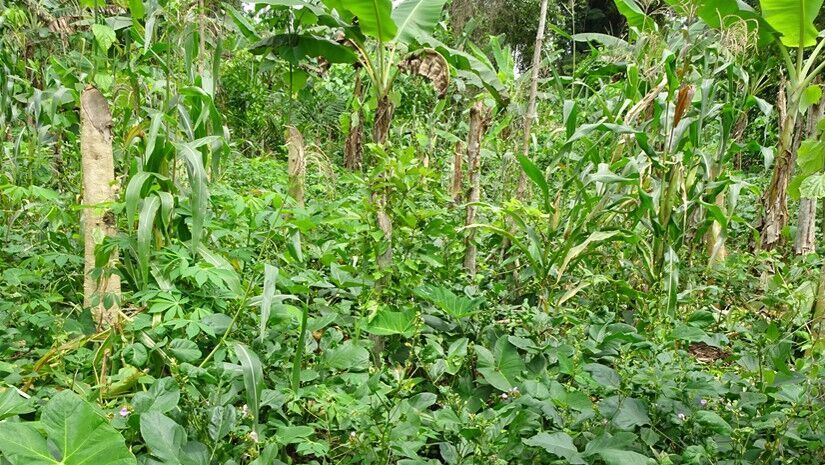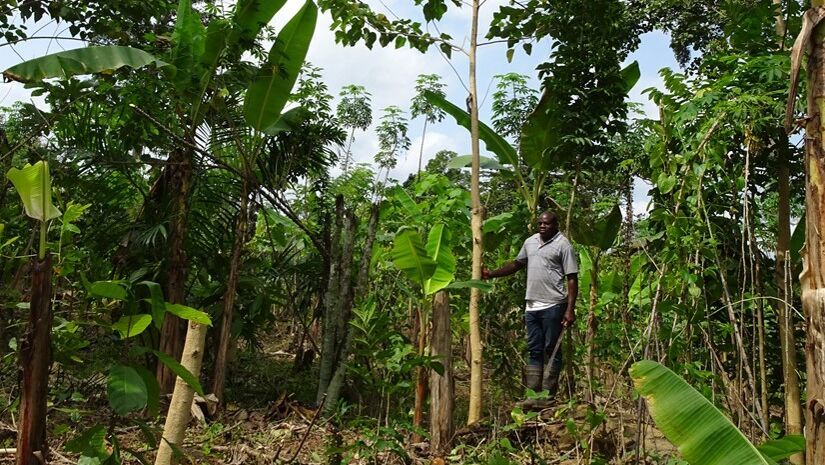Christina Tewes-Gradl and Piera Waibel were interviewed by Christian Robin, Executive Director of SWISSCO. The interview aims to outline the ii2030 Regenerative Cocoa methodology and explains what participants can expect from the upcoming consultation process.
Regenerative cocoa farming is a comparatively new term that not everyone is likely to be familiar with. Is it possible to clearly define the term? In your opinion, when can one speak of regenerative cocoa farming?
Piera Waibel: In fact, the regenerative agriculture paradigm already goes back thousands of years to our indigenous ancestors. In recent years, however, the approach has gained momentum, mainly due to accelerating global environmental issues like biodiversity loss, soil depletion, water scarcity or the impacts of the climate crisis. While there is no single definition of what regenerative agriculture means, it can be described through a combination of principles and practices. On cocoa farms, these can include multi-strata systems and agroforestry, cover cropping and mulching, as well as crop diversification. Yet, to unlock the potential of agriculture to regenerate the health, vitality, and evolutionary capability of whole living systems, regenerative farms have to create impacts beyond their boundaries. Or, to say it in the words of Ethan Soloview: “only systemic outcomes can confirm that a regeneration is taking place”.
The ii2030 method works with different process phases: Why are these different phases needed? What is behind the individual phases?
Christina Tewes-Gradl: ii2030 stands for inclusive innovation for the Sustainable Development Goals. It is a methodology that allows multiple actors to address complex, systemic issues together and create system change prototypes. We are working towards inclusive and regenerative outcomes, but also in an approach that includes all relevant stakeholders.
We are moving through 3 phases: consultation, co-creation, and implementation.
- Consultation is an open invitation to build a shared understanding of the current system and potential leverage points.
- From here, we co-create a prototype with the relevant partners.
- Finally, these partners implement the prototype in one location, with the objective to learn and scale up afterwards.
What can a participant expect from the upcoming consultation process? What benefits can he or she derive from it?
Christina Tewes-Gradl: During consultation, we will discuss what enables and what hinders the scale up of regenerative cocoa production in Ghana, and where we might be able to shift the dynamic towards scale up. We will generate a system map with leverage points that will be shared with all participants. They can use it for their own analysis and planning. The participation additionally is an opportunity to learn a new methodology – systems practice – and connect with other relevant actors.
Piera Waibel: The consultation phase includes two online workshops à 2 hours with all relevant stakeholders in an open process, including various breakout sessions for group work. We are looking for participants with knowledge about and/or experience with regenerative cocoa production systems in Ghana, particularly on smallholder farms, to think along with us. If you are interested, please contact me (p.waibel@endeva.org)!
The whole thing is to be piloted in the case of Ghana. Where do you see the greatest challenges in the case of Ghana? Where do you see the greatest opportunities?
Piera Waibel: Cocoa farming already has a longer tradition in Ghana. Over time, farmers have been taught rather extractive or degenerative approaches. Changing mindsets of a largely older farming population and the sector in general is a challenge. The Sankofa project of HALBA is making an important contribution here, because the existing plots clearly show the benefits of dynamic agro-forestry for the farmer. We will focus on scaling up the Sankofa project. This will require contributions of others in terms of capacity building and training, access to equipment and planting material, transition funding or technology.
Many farmers producing cocoa in Ghana have their backs up against the wall and are aspiring for a better future. Regenerative farming offers a promising way out of the situation they are stuck in. Furthermore, Ghana is home to a large young and vibrant population that is keen to advance and innovate. It would be brilliant if we would – throughout this project – be able to discover locally (co-)developed solutions that enable the sector to make regenerative cocoa (or farming in general) the norm.
About:
Christina Tewes-Gradl: Dr. Christina Tewes-Gradl is an expert on inclusive business and system innovation. As a founder and managing director of Endeva, she works with partners from all sectors to enable an economic transformation that benefits people and planet, often with the ii2030 methodology. She loves working towards a food system that nourishes everyone and benefits small farmers, having grown up in the countryside and having worked with small farmers all over the world since 2005. Christina is a former Research Fellow at the CSR Initiative of the Harvard Kennedy School, Strategic Advisor to the UNDP Growing Inclusive Markets initiative and Kofi Annan Fellow on Global Governance. She is a social scientist and holds a PhD on the business model concept. Previously, Christina worked as a strategy consultant with McKinsey&Co and with rice farmers in Madagascar.
Piera Waibel: Piera has 20 years of experience in sustainability management and research, with a broad track record of working in companies, NGOs, foundations and management consulting. One year ago, she funded her own company to fully focus on the regenerative transformation of agricultural systems. Piera is an Associated Expert of Endeva and a board member of Clarmondial, the Pakka Foundation and Agricultura Regeneratio. She has an Economics and Sustainability background with a PhD from the University of Zurich, for which she spent 1.5 years at the Tropical Agricultural Research and Higher Education Centre (CATIE) in Turrialba, Costa Rica.
More information:
Website of ii2030
Concept ii2030 regenerative cocoa
FINDINGS SUMMARY CONSULTATION PHASE INKL. SYSTEM MAP
Pictures © HALBA Sankofa




